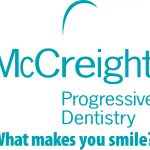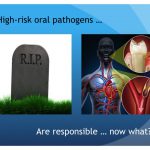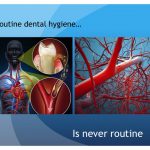
In 2015, about 1 out of 10 babies was born too early in the United States (1). In recognition of November's Prematurity Awareness Month, enjoy a hygienist's passion for providing exceptional periodontal care not just for the patient but the unborn patient.
"Recently, I was training in a well-established dental practice of more than 30 years. The four woman, very talented and all out of school less than a year hygiene team, prompted the question about my opinion of pregnancy gingivitis. I...
Read More









